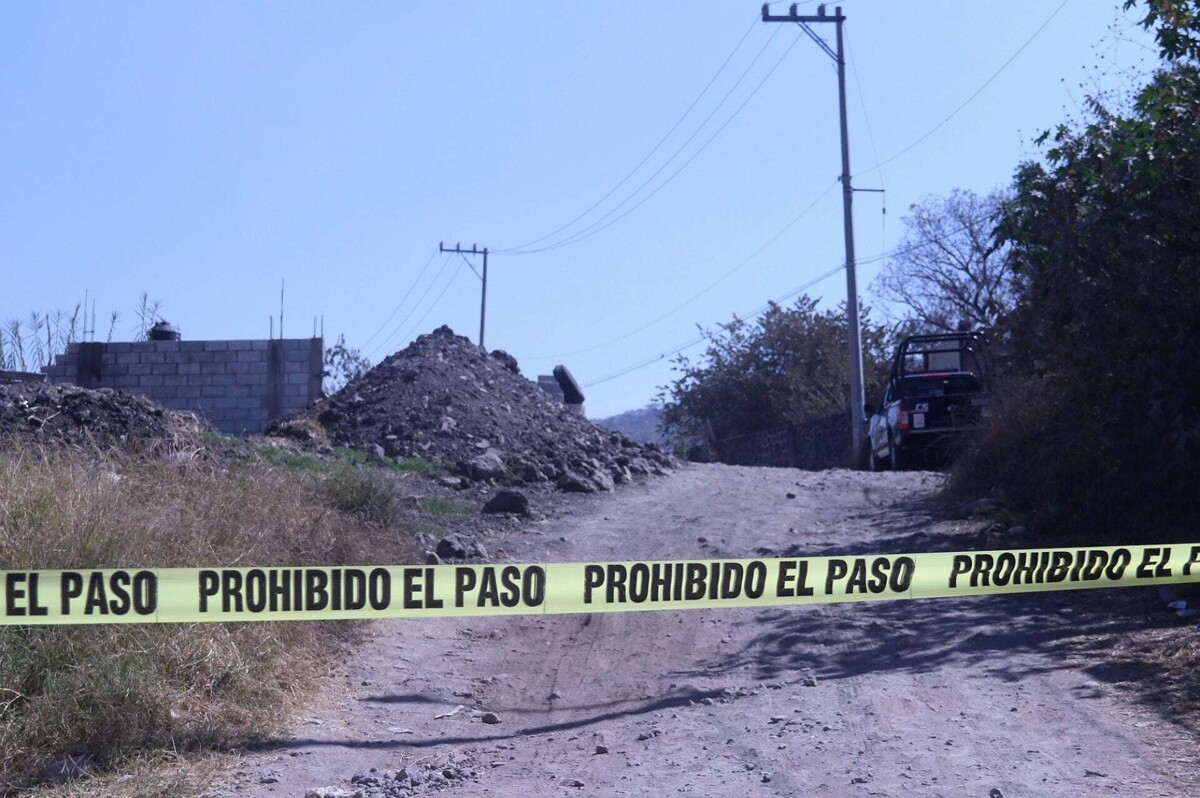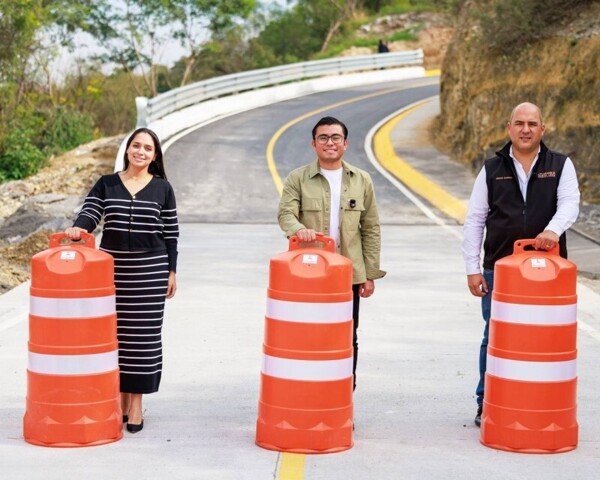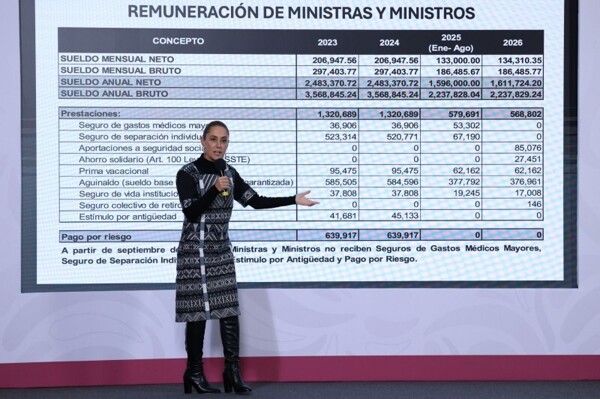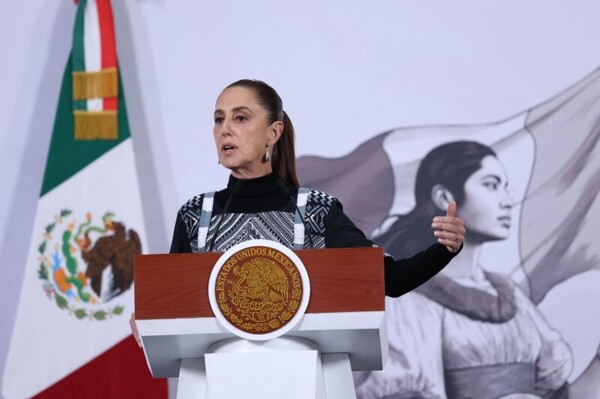
The government announced the latest report on crime incidence statistics, revealing a 15% decrease in the rate of intentional homicides in the first five months of President Claudia Sheinbaum's administration. Since Morena took control in 2018, the reduction has been 26%. According to an analysis by Causa en Común, by the end of 2024, the perception of insecurity in the city was high, and the majority of citizens believed that the situation would worsen.
In response to the criticisms, Sheinbaum assured that she did not minimize disappearances and was close to the victims. However, she was indignant over the critical comments from a senior U.S. State Department official regarding the celebration in the Zócalo. The Committee on Forced Disappearances warned of a forensic crisis in Mexico since 2021.
The government's methodological handling of the statistics is questioned, especially in the categorization of intentional homicides, where there is a significant discrepancy between national figures and those of Mexico City. The controversy intensifies with revelations about the alteration of official data in Teuchitlán.
The decrease in intentional homicides is linked to methodological modifications implemented by Sheinbaum's team in Mexico City. The reclassification of crimes was not applied in Guanajuato, governed by the PAN, and it was the state with the most intentional homicides in 2024. Criticisms point to a political component in the handling of the statistics.
The organization Causa en Común points out that the reclassification of intentional homicides into subcategories has generated a distortion in the reported figures, undermining the transparency and veracity of the data. Public distrust in institutions, stemming from impunity, contributes to the underreporting in crime incidence reports.
As details are further explored, uncertainty arises regarding the veracity of the statistics presented by the government, raising doubts about the effectiveness of the security policies implemented.














